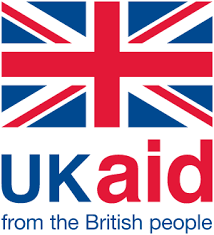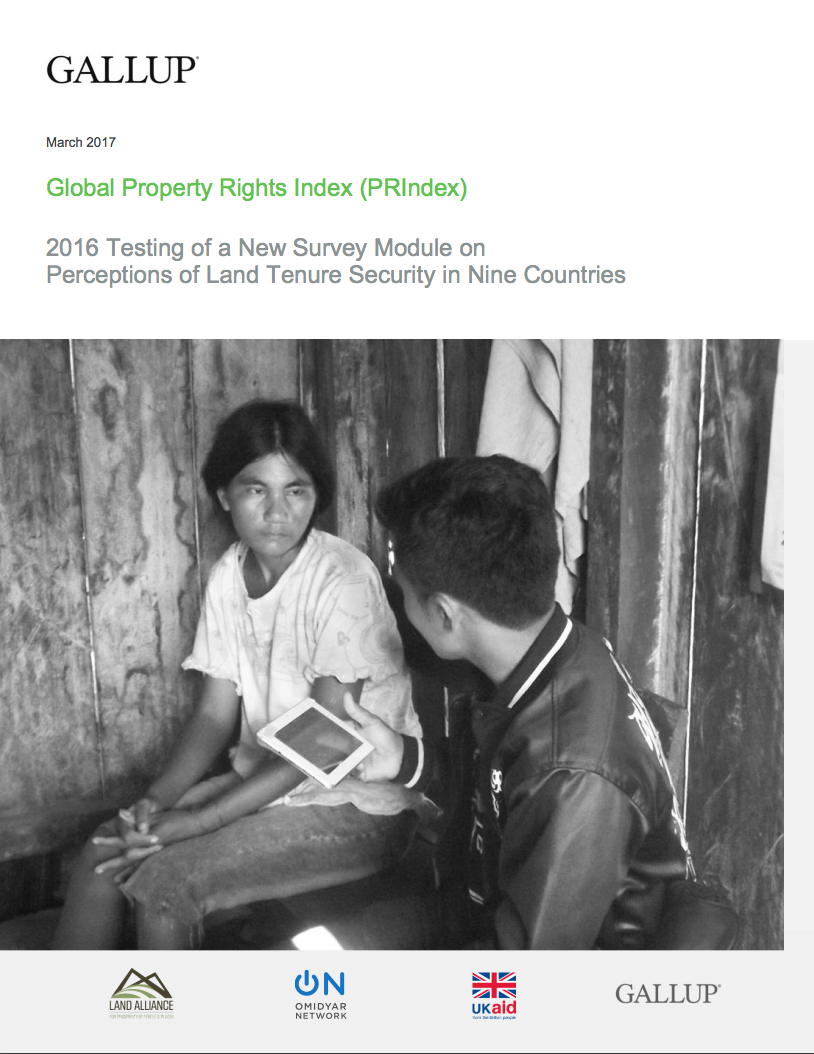Location
The Foreign, Commonwealth and Development Office (FCDO) pursuseds national interests and project the UK as a force for good in the world. We promote the interests of British citizens, safeguard the UK’s security, defend our values, reduce poverty and tackle global challenges with our international partners.
Members:
Resources
Displaying 91 - 95 of 228Large-scale rural land certification and administration in Ethiopia: the challenges of a decentralised approach
This paper explores some of the challenges involved in replicating and scaling-up systematic land registration over a large and diverse geographical coverage and how programmes can work through decentralised government systems..This resource was published in the frame of the Land Investment for Transformation (LIFT) Programme. For more information;please check: https://landportal.org/community/projects/land-investment-transformation...
Global Property Rights Index (PRIndex)
This report presents results from nationally representative surveys with 1,000 residents aged 15 and older in eight countries — Brazil, Colombia, Egypt, Greece, Indonesia, Nigeria, Peru and Tanzania — and with 3,000 residents in India. Each survey attained comprehensive coverage of both urban and rural areas of the country using multi-stage stratified cluster sampling.1 Standardized interviewer and supervisor training, as well as robust validation of data collection/data entry, help to ensure rigorous quality standards.
Global Property Rights Index (PRIndex)
This report presents results from nationally representative surveys with 1,000 residents aged 15 and older in eight countries — Brazil, Colombia, Egypt, Greece, Indonesia, Nigeria, Peru and Tanzania — and with 3,000 residents in India. Each survey attained comprehensive coverage of both urban and rural areas of the country using multi-stage stratified cluster sampling.1 Standardized interviewer and supervisor training, as well as robust validation of data collection/data entry, help to ensure rigorous quality standards.
LEGEND Land Policy Bulletin 7
This LEGEND bulletin considers the impact that new technology can have on documenting land rights and democratising access to land data around the world.
2016 DFID Land Portfolio Overview
The Portfolio Overview provides a global overview of DFID's programmes working on land issues and highlights lessons and trends emerging from major land programmes over recent years.





